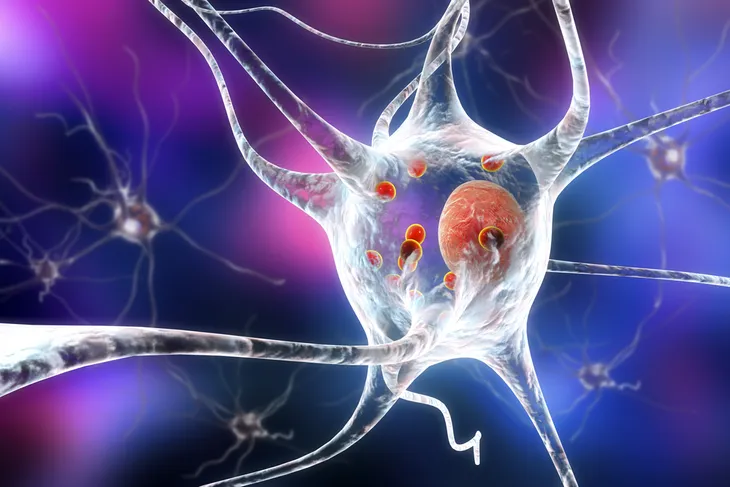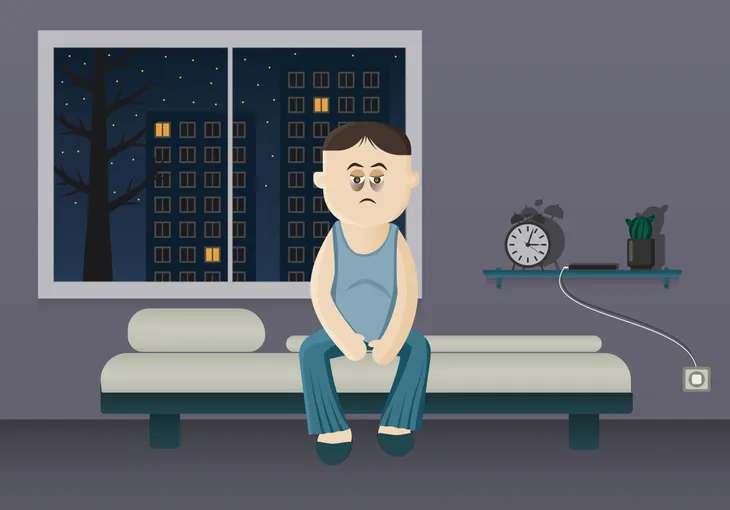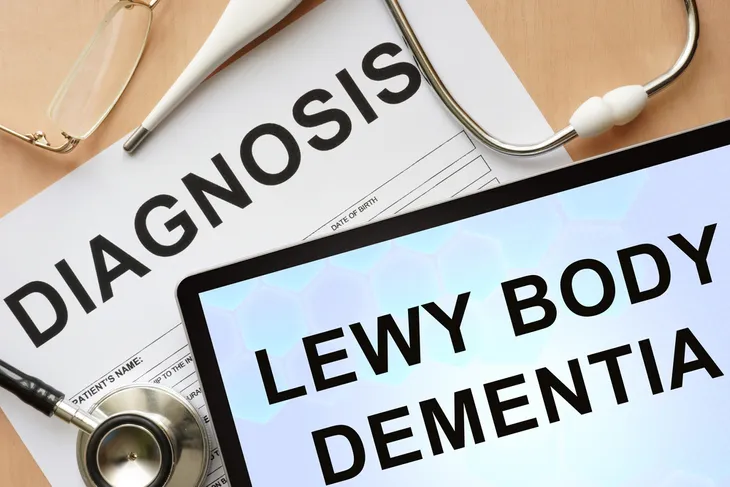Dementia is a mental disorder that comes in different forms, all of which are devastating to the patient in different degrees. You’ve probably heard of Alzheimer’s disease, which is a fatal form of dementia affecting about 5-million Americans, according to Alzheimer’s Association. The same source predicts this number will be at 14-million by 2050. However, there are other types of dementia.
Another type of dementia is Lewy body dementia (LBD), named after the scientist who discovered related deposits in the brain. Lewy body dementia also describes dementia related to Parkinson’s disease, explains Healthline. To get better informed on this condition and help spread awareness, here’s a look at some more details about this brain disorder…
What is Lewy Body Dementia?
According to Cleveland Clinic, LBD involves proteins called alpha-synucleins that accumulate inside brain cells. The “clumps of proteins” named after the discoverer can cause damage to brain cell neurons, which can affect patients in different ways.
Because it follows the same symptom patterns as other types of dementia such as Alzheimer’s, and there are no medical tests that can pinpoint LBD with complete accuracy, adds the source – which notes that LBD is one of the most common types of dementia in older patients. Those with LBD may have some or all of the following symptoms.
Impacts on Cognitive Abilities
The National Institute on Aging says that those with LBD can experience “cognitive fluctuations” that include concentration that wanes, as well as “unpredictable changes” to alertness and attention span. These changes can happen from one day to the next or more than once in the same day.
Because of the fluctuations, it may appear the patient is improving, but then regresses the next day, adds the source. In fact, it’s these types of fluctuations that might help doctors distinguish LBD from Alzheimer’s, it explains. Other dementia-like cognitive symptoms include problems with planning and reasoning, it adds.
Memory Issues Come Later
When people think of dementia, memory loss might be the first symptom that comes to mind. While it’s also the case for LBD, the difference is that it often comes later in the pattern of symptoms as compared to Alzheimer’s, according to the National Institute on Aging. (Other sources note movement problems usually come first with LBD).
The memory loss associated with LBD “may not be evident at first” but emerge as the disorder progresses, it notes. Other issues related to dementia include not knowing what time of day it is or where you are.
Sleep Disruptions Can Occur
Those with LBD might develop some sleep issues, according to WebMD. The source says patients might start “acting out dreams” and falling out of bed. It also explains there can be trouble falling asleep and staying asleep.
Those with LBD often feel unrested even after a night’s sleep, and you might notice the patient is napping for long periods during the day. WebMD also says that restless leg syndrome is another rest-related symptom, characterized by the urge to move your legs that makes it hard to relax into sleep.
Mood is Sometimes Impacted
The National Institute on Aging says that LBD can lead to behavioral and mood shifts, which may increase as the condition progresses. Among the mood disorders can be anxiety that includes needing reassurance and feeling afraid to be left alone, it notes.
The source says the patient may become more agitated, which can mean being more irritable but also being more restless and fidgety. Those with LBD may also experience depression, which can impact eating and sleeping schedules.
There Can Be Hallucinations
According to National Institute on Aging, those with LBD can suffer from hallucinations – in other words, seeing things that aren’t actually there. In fact, this happens with up to 80-percent of patients with Lewy body, and it often happens early in the progression, it adds.
The source also notes the hallucinations are believable, for example they could see animals or children. It notes that patients may also experience “non visual hallucinations” that involve hearing or smelling things that aren’t real, but this is not as common. There may be medications prescribed for those who react negatively to the hallucinations, it adds.
Movement Disorders are Common
Aside from memory and cognitive issues, a patient with LBD will often display physical symptoms, more specifically when the disorder is associated with Parkinson’s disease, according to the Mayo Clinic.
The signs of Parkinson’s can include a tremor, but also rigid muscles as well as slowed movement that could be walking with a “shuffle,” notes the source. Because of these symptoms, patients are vulnerable to falling, it adds.
Other Physical Signs to Watch For
Cleveland Clinic says there can be other physical markers associated with LBD. For example, the source says related “Parkinsonism” can also cause difficulty swallowing, problems with facial expressions, and a softer voice.
It adds there could be negative impacts to body functions including temperature regulation, as well as fluctuations in blood pressure – which can lead to fainting, it notes. There could also be problems with bladder and bowel control, it adds.
Imaging Used to Rule Out Other Types
As noted before, there is no test that can prove LBD with 100-percent accuracy. Your doctor will use a combination of test results and symptom observation to come up with a diagnosis of “probable LBD,” explains Cleveland Clinic.
While imaging tests can be part of the diagnosis process, they’re only used to rule out other types of dementia caused by brain tumors or stroke, as examples. Often nothing out of the ordinary shows up in scans of patients with LBD, it adds.












